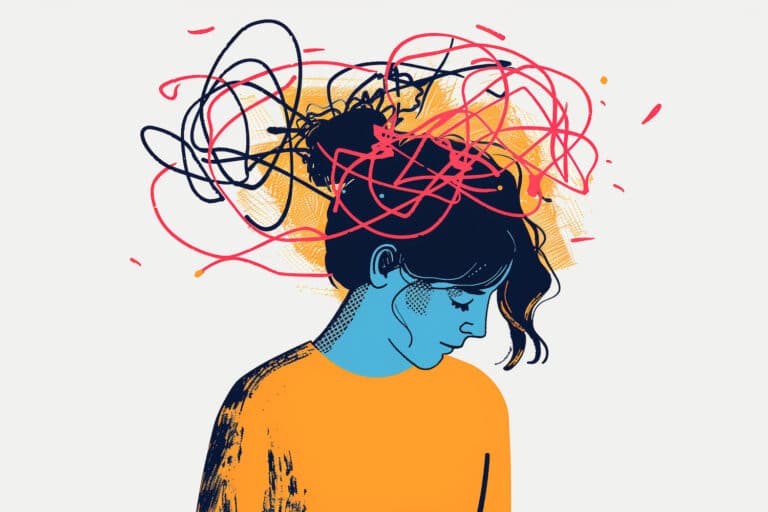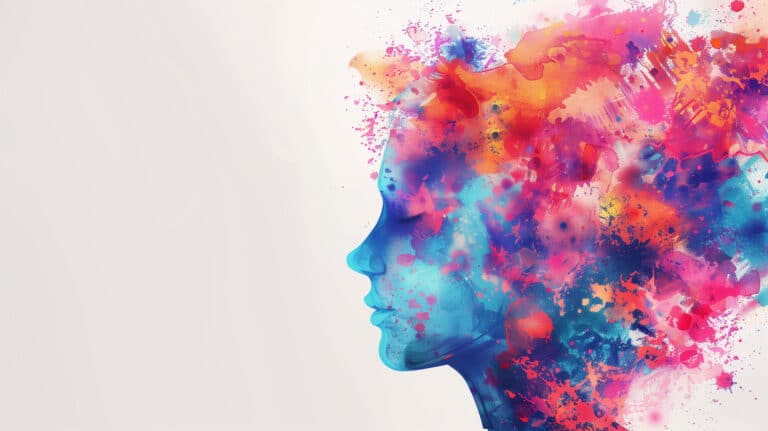Do you worry about a family member or friend who exhibits signs of an eating disorder? It’s likely hard for you to understand how making better food choices is difficult. However, there’s more to eating disorders than eating the right foods or simply eating at all. You can learn how to help someone with an eating disorder by following a few guidelines.
Steps for How to Help Someone With an Eating Disorder
When you want to know how to help someone with an eating disorder, it involves some preparation. The following steps walk you through this phase and into how to talk to your loved one.
Learn About Eating Disorders
Knowledge of any health issue is the best way to deal with it. In this case, you should learn more about eating disorders.
For instance, people with anorexia avoid eating out of fear that they’ll gain weight. They might also use diet pills, exercise and purging to control it. Bulimia involves eating too much and then purging the food to control weight. Some people also use exercise, laxatives, and periods of fasting.
These and other eating disorders result in unhealthy habits that damage the body. Most of the time, people develop them because they can’t cope with their emotions or co-occurring mental health illness. Although these conditions typically involve becoming underweight or overweight, these signs don’t always manifest.
Research the Treatment Options
When people ask how to help someone with an eating disorder, they’re often referring to options for treatment. Before you talk to a loved one, take the initiative to research treatments. You could start by talking to a family doctor and scheduling a future appointment for your loved one.
After a diagnosis, doctors stabilize any glaring health problems that may exist. They often use supplements and vitamins to replenish nutrients in the body. Prescriptions might be necessary to address other symptoms or issues.
Counseling is a great option to address why an eating disorder develops. Eating disorder family therapy includes you and other loved ones in the treatment process. It can teach you more about your loved one’s specific disorder and how to provide meaningful support.
Express Your Concern
With the above information in your arsenal, you can talk to your loved one about the eating disorder. Rehearse what you want to say so that you’re relaxed and don’t forget your main points during the discussion. It doesn’t hurt to prepare yourself for negative reactions because that’s normal. When you’re ready, set a time and place to talk in private.
During your conversation, be open and honest about your concerns. However, make sure that you only stick to facts and remain firm but caring. You don’t want your loved one to feel ashamed, because there’s no shame in needing help. Provide encouragement that they can get better if they seek treatment.
Treatment Is Available Now
Are you looking for treatment options for your loved one? Has someone addressed their concerns about you having an eating disorder? In either case, Magnolia Creek Treatment Center for Eating Disorders can help. In a safe environment that promotes healing, we treat a variety of eating disorders using a range of programs and services, including:
- Partial hospitalization program
- Residential program
- Dual diagnosis treatment
- Evidence based therapy
- Experiential therapy
- Exercise and nutrition
Don’t let yourself or a loved one suffer from the damage that eating disorders cause. Use the above steps for how to help someone with an eating disorder. Dial 205-235-6989 if you need more assistance or are ready to get help.




